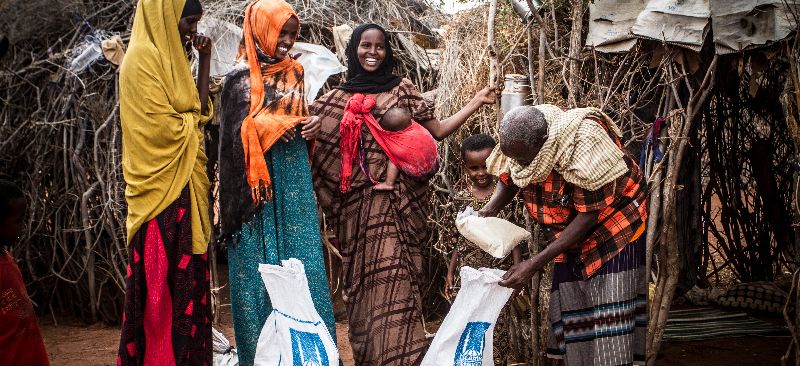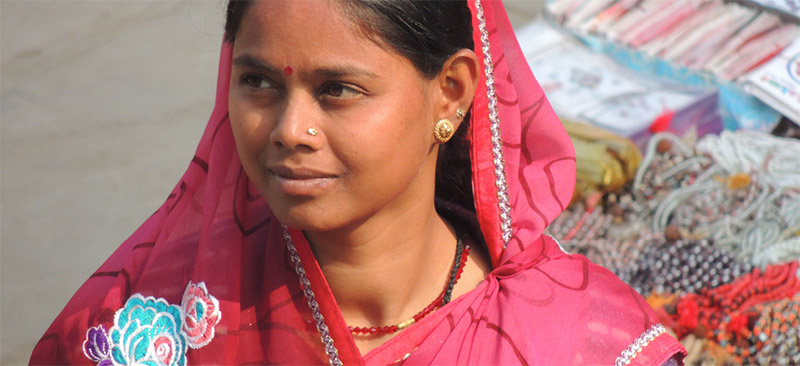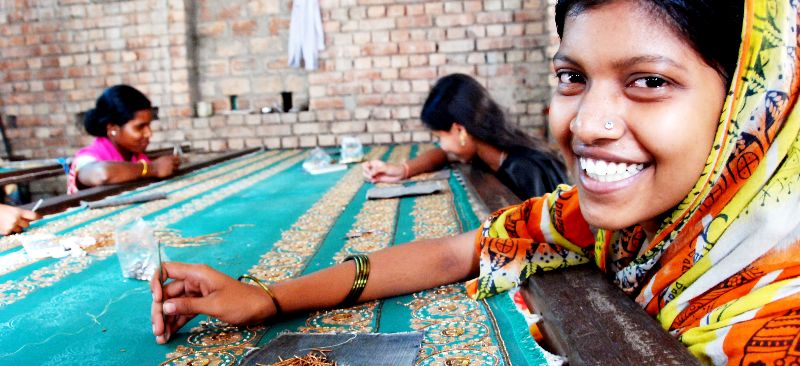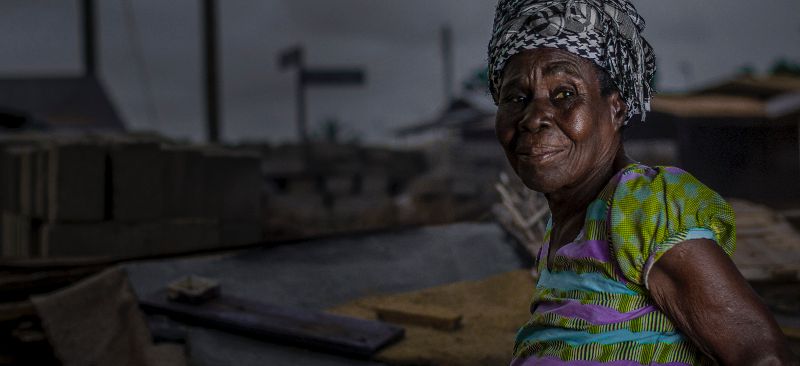
MSC supported Kenya Women’s Microfinance Bank (KWFT) in developing a comprehensive strategy to enhance the performance of the individual and SME businesses managed by the bank. This intervention included a complete revision of KWFT’s lending methodology and a thorough overhaul of its credit risk management approach, intended to streamline client selection, strengthen risk assessment and appraisal processes, and boost turnaround times.
MSC played a key role in this strategic transformation by providing expert technical assistance and guidance throughout the process. The team worked closely with KWFT to redesign its lending framework and integrate a revised credit risk management system. Additionally, MSC supported the implementation of a customer relationship management system and conducted capacity-building sessions for the bank’s management team and staff. Their efforts ensured that the pilot phase delivered more robust risk assessment, increased operational efficiency, and fostered the development of a highly capable lending team.
The pilot phase significantly improved the lending process, marked by better client selection, robust risk assessment and appraisal, and quicker turnaround times. MSC’s support not only reduced credit risk and enhanced operational efficiency but also contributed to a marked improvement in portfolio quality. As a result, KWFT is set to expand its outreach to over 100,000 individual and SME clients by the end of 2019, with a diversified portfolio that dedicates 40% of its overall commitments to individual and SME finance, and with a strong emphasis on women-led businesses.
Kenya Women’s Microfinance Bank (KWFT) – Kenya, commissioned the project.
MSC led an intervention on access to finance with the Central Bank of Papua New Guinea to build the country’s microfinance sector. As part of the four-year-long intervention, we facilitated setting up a risk share facility (RSF). The RSF helps manage some of the risks associated with MSE lending to encourage partner financial institutions to expand their loan portfolios. It improves the quantum of lending to MSMEs and channels more of the deposits collected into loans to business rather than into inter-bank deposits and government securities. We also set out procedures and provided support for rolling out the RSF facility for PFIs.
As a result of the project, the turnaround time of individual loans to MSMEs reduced from two months to eight days, and the average loan disbursed increased by 95% to USD 5,500. As at the end of 2017, the bank had reduced its PAR 30 from 29% in 2012 to under 5%. By June 2018, 1,765 loans have been given to MSMEs under the risk share facility. Out of this, 1,086 were women clients.

IFC engaged MSC to execute a comprehensive customer segmentation study on the use of mobile financial services (MFS) by women in Bangladesh. The study covered 4,000 respondents and identified specific challenges that women face in their use of MFS, identified personas of MFS users, and provided in-depth insights on the need for more female DFS agents.
MSC developed a toolkit and collaterals for MFS providers to assist in on-boarding women MFS users and provided product concepts on the financial service needs of different women customer segments.
Bangladesh Bank has hosted both the report and the toolkit on its website under the regulations, policy, and licensing section for MFS, implicitly validating and advocating our work. The positive response from the central bank would also propagate the toolkit to onboard more women agents for the sector.

MSC works with governments to evaluate, design, and optimize public policy choices. Our work covers areas, such as food security, agriculture, health, energy, and financial inclusion.
A recent project explored pathways to better nutritional outcomes through food security in India. Despite measures taken by central and state governments, India’s population remains nutritionally compromised. MSC examined the National Food Security Act (NFSA) and analyzed gaps in the nutritional requirements of food-secure households.
Based on the research, MSC advised on alternative delivery mechanisms and recommended ways to achieve national nutritional goals at the household-level. Based on our inputs, the Government of India has been developing a strategy to achieve better nutritional outcomes through NFSA, influencing the spending of USD 25 billion annually, with an impact on 850 million people.
Another key project was the redesign of Pradhan Mantri Jan Dhan Yojana (PMJDY), which is India’s flagship financial inclusion program that helped open more than 300 million bank accounts. The Department of Financial Services asked MSC to participate in all five committees and prepare the final report that guided the development of PMJDY 2.0.

MSC has played a key role in supporting the Ministry of Finance in India around Pradhan Mantri Jan Dhan Yojana (PMJDY)—India’s national financial inclusion strategy. We helped the Indian government implement and then reshape the program. MSC conducted a series of quantitative and qualitative reviews of the performance of Bank Mitrs (bank agents), who were a crucial part of the roll-out of the program. We also examined users’ perceptions and experience of the services delivered by agents.
MSC’s recommendations significantly improved the services of over 600,000 Bank Mitrs with an impact on over 300 million PMJDY account holders.
India’s Ministry of Finance then asked MSC to coordinate the development of the second phase of PMJDY. We participated in all five committees as co-chairs. These were:
- Products and Business Correspondents (agents);
- Payments and Digital Infrastructure;
- Microcredit;
- Communications and Financial Education;
- FinTech for Financial Inclusion.
MSC prepared the reports for each of the committees and developed a summary report to guide the strategy and its implementation. Based on this, the Prime Minister of India announced PMJDY 2.0 in his 2018 Independence Day speech. The revised program would have a positive impact on over 800 million people.

Access to reliable water and improved sanitation services is a challenge to many peri-urban areas in Ghana, with considerable time required to collect water. Sinapi Aba Savings & Loans (SASL) Company offers a WASH loan to improve access to water and sanitation for its clients. MSC designed a comprehensive training-of-trainers manual and WASH SMEs learning diary to support an emerging sub-sector of WASH entrepreneurs.
Our consultants trained 50 branch staff and 60 WASH SMEs, SASL on-trained 2,000 WASH SMEs across the country and has been disbursing working capital loans to qualifying WASH SMEs.




